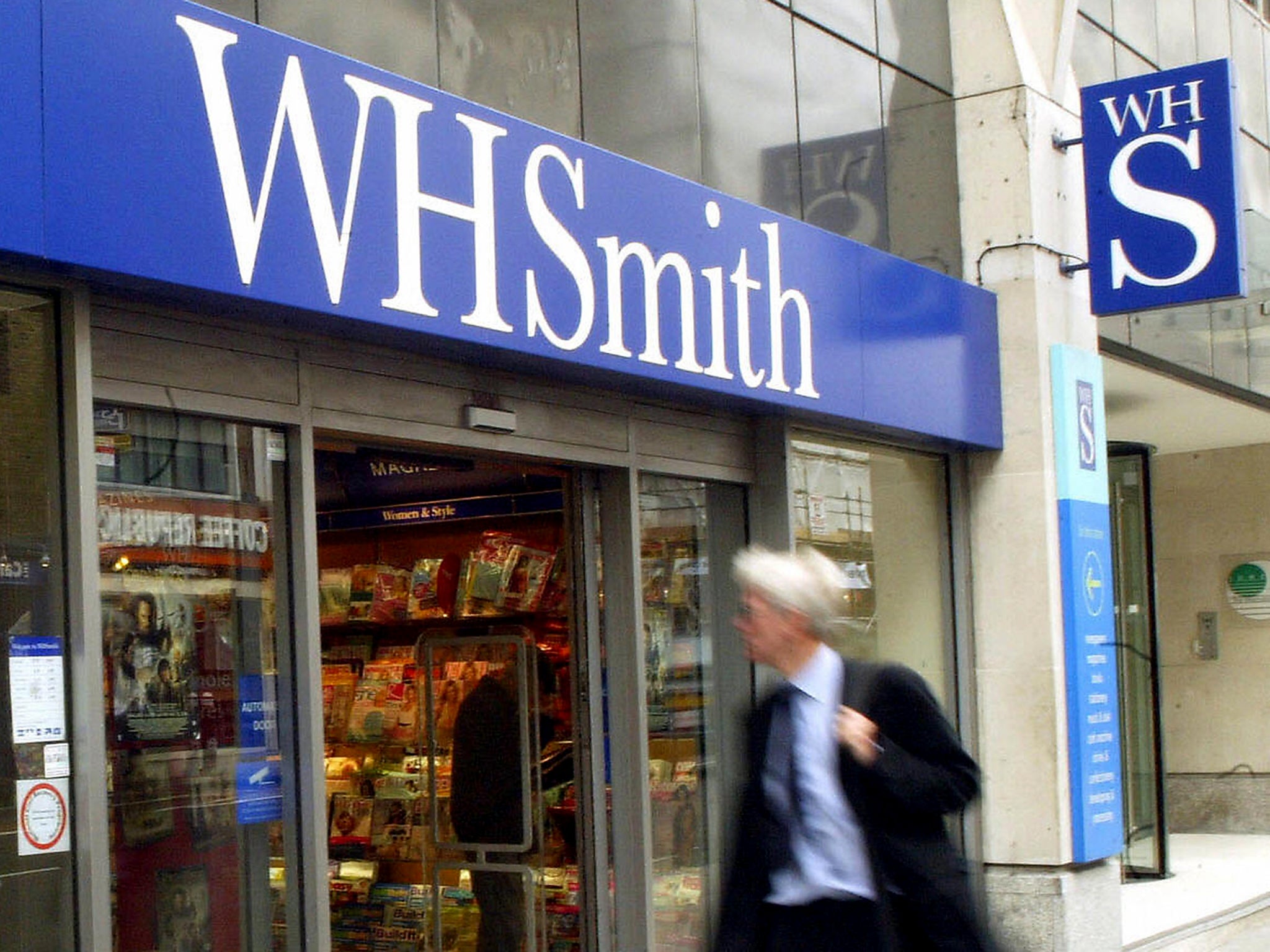Desperate Southern rail commuters stuck on freezing stations have saved WHSmith
The UK's oldest retailer has survived – and thrived – because it knows what we want: something to distract and entertain during the cold months spent shivering at train stations and airports

Your support helps us to tell the story
From reproductive rights to climate change to Big Tech, The Independent is on the ground when the story is developing. Whether it's investigating the financials of Elon Musk's pro-Trump PAC or producing our latest documentary, 'The A Word', which shines a light on the American women fighting for reproductive rights, we know how important it is to parse out the facts from the messaging.
At such a critical moment in US history, we need reporters on the ground. Your donation allows us to keep sending journalists to speak to both sides of the story.
The Independent is trusted by Americans across the entire political spectrum. And unlike many other quality news outlets, we choose not to lock Americans out of our reporting and analysis with paywalls. We believe quality journalism should be available to everyone, paid for by those who can afford it.
Your support makes all the difference.It’s an ill wind which blows nobody any good... Hence it is rather cheering that tube strikes and the current horror that is Southern rail have accounted, in part, to the success of our old friend the newsagent and bookseller WHSmith.
It seems that being forced to stand on a freezing cold station in, say, Hove for three hours becomes a bit more bearable when you can do it grasping a copy of the New Statesman. Or Hello!. Or, frankly, Five on Brexit Island, the success of which is also one of the reasons that Smith’s is enjoying a modest but marked growth in sales. Transport chaos is part of the story but this is also one about the doughty retailer keeping up with the times.
The place where one used to spend Christmas tokens on Dymo tape machines in the 1970s now offers groovy coffee choices, ironic comedy books and funky greetings cards and has also come up with the inspired move of putting Post Offices into more than 150 of its high street branches.
WHSmith was founded in 1792 by one Henry Walton Smith (it was his son William Henry who gained immortality), making it the world’s oldest national retail chain. It is now clearly being led by an eagle-eyed lot who have looked at the grim fate of village post offices, or former compatriots Woolies and BHS and realised that stasis and a lack of flat white availability is not an option.
It’s the WHSmith travel arm in particular which has boomed – perhaps tapping into our contemporary anxiety about missing out. Where is FOMO (fear of missing out) at its worst if not on a plane or a train, where there may well be no wi-fi or handy charging points for your phone? Yet if you have been canny enough to steam through a travel branch of WHSmith prior to boarding, and stocked up on an armful of newsprint and glossies, you will be set up for hours and manage to avoid the terror of simply staring out of the window without anything to do, or, even worse, having to indulge in conversation with your neighbour.
Equally, since holidays are possibly the only time you might be able to read an entire book undisturbed, going big on Richard and Judy Book Club displays in its travel branches was a no-brainer. And we all love a chart, don’t we? The WHSmith Books Chart has a weirdly magnetic pull, which makes it utterly beloved by writers and publishers.
Indeed I am the proud possessor of a picture taken last year showing yours truly grinning beside a stack of novels written by yours truly which was (briefly) actually in the WHSmith Books Chart. What joy that was. I am shameless enough to admit that while this phenomenon lasted in Smiths, I even pounced upon unprepared shoppers, and persuaded them to buy said novel, which I personally signed even before they reached the till. Would you do that in Waterstones? Foyles? Daunt Books? I doubt it. But WHSmith? Bring it on.
Smith’s, with its bracing offer of papers, book charts, Anadin, pens and tights all charted and promoted together in one giant neon-lit emporium, with its unspoken yet acknowledged contract to save us from empty hours in the air or on the track, without as much as a fashionable logo or sofa in sight, manages a sort of cheery down to earth character and egalitarian catch-all spirit that one imagines retail rivals can only dream of.
Join our commenting forum
Join thought-provoking conversations, follow other Independent readers and see their replies
Comments